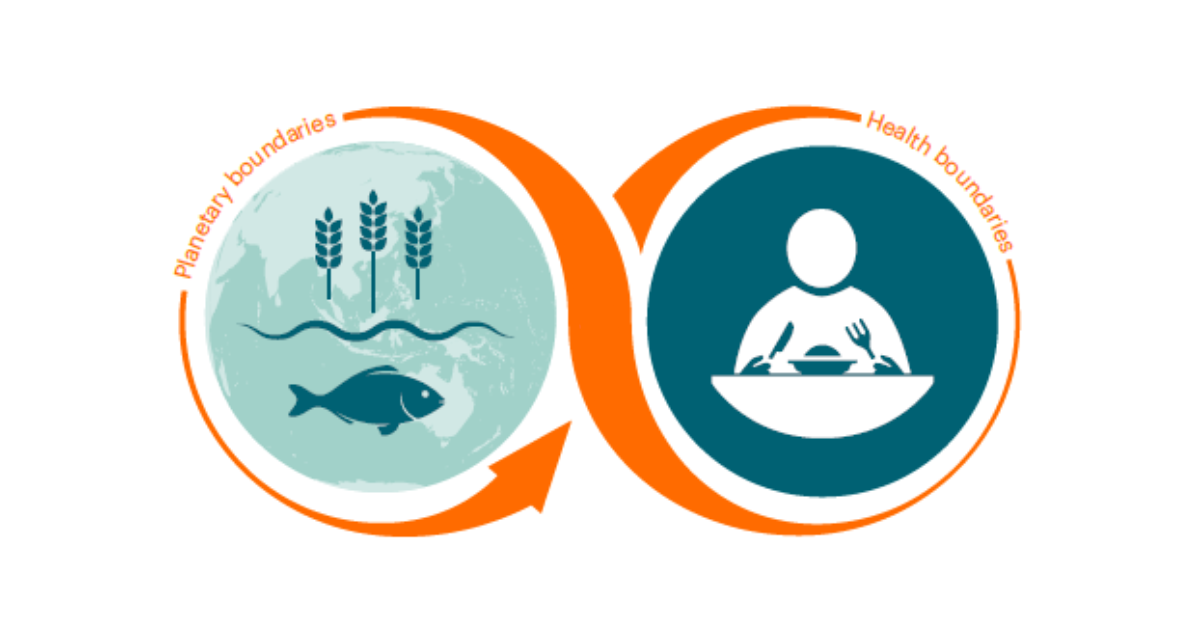PhD course: Health responsible green transition - interdisciplinary problems and solutions

The aim of the course is to contribute to the understanding of the nexus between health, climate, and environment, and to present interdisciplinary-inspired solutions for integrating global health, one health, and health promotion initiatives in ways that ensure just green transitions.
The health of humans, animals, plants and the state of the environment are inextricably interlinked. Climate change can impact human health in many ways, for instance by worsening air quality, increase spread of disease and altering the frequency or intensity of extreme weather events. As environmental exposure and climate change disproportionally and adversely impact poor people throughout the world, social and economic factors also affect ability to prevent and cope with environmental exposure and climate change hazards. This calls for interdisciplinary collaboration.
Participants will be presented to three topics: Green dietary transition, Emissions and exposures, and Urban planning, through interdisciplinary, interactive lectures, discussions, and group work. Participants will be encouraged to contextualise their own research. Subsequently they will explore and identify barriers and enablers to sustainable solutions based on a Solution Matrix and will collaboratively develop suggestions for sustainable and fair solutions. Throughout the course, there will be a strong focus on interdisciplinarity. The course includes a guest lecturer who is Co-chair of the EAT-Lancet 2.0 Commission, and the last day participants will be given feedback to their solutions from a broad panel of external stakeholders.
